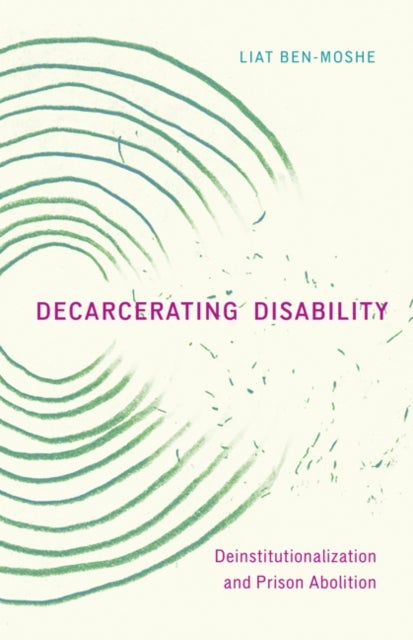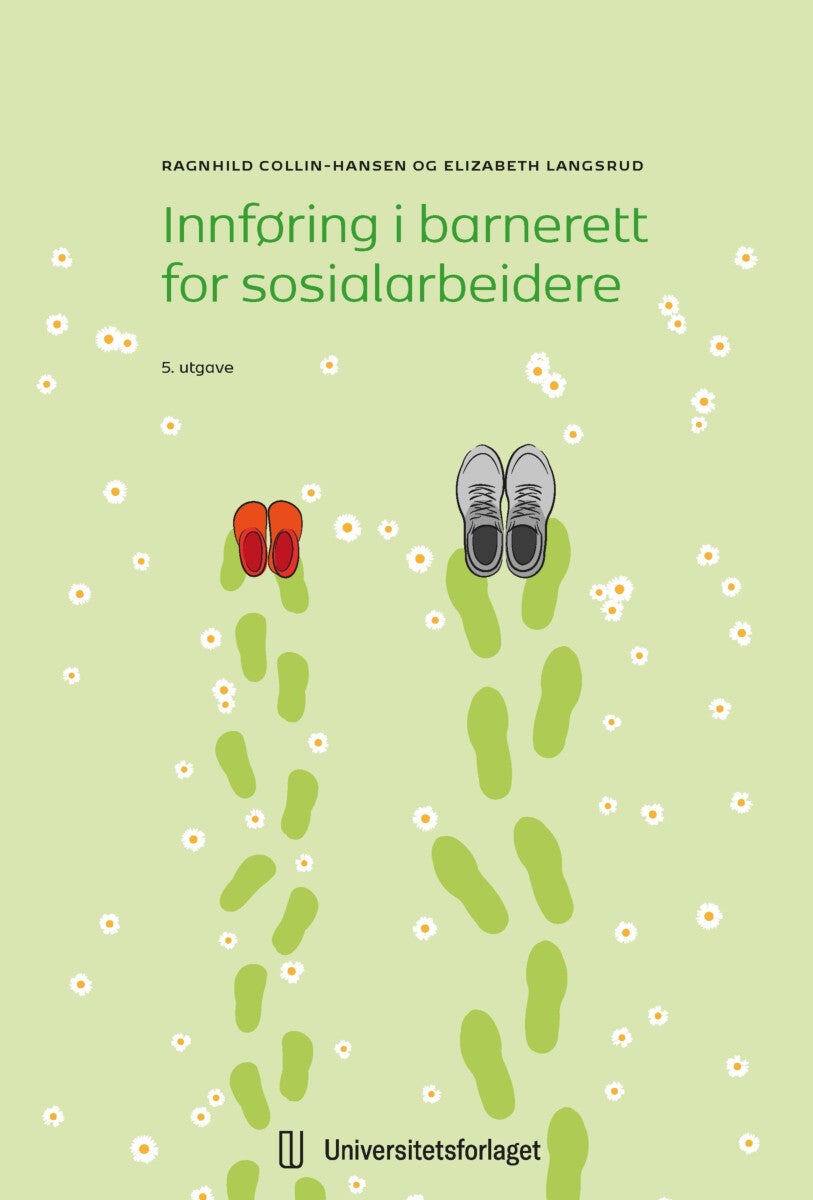
Decarcerating Disability av Liat Ben-Moshe
295,-
<P><B>This vital addition to carceral, prison, and disability studies draws important new links between deinstitutionalization and decarceration</B><BR/><BR/> </P><P>Prison abolition and decarceration are increasingly debated, but it is often without taking into account the largest exodus of people from carceral facilities in the twentieth century: the closure of disability institutions and psychiatric hospitals. <I>Decarcerating Disability</I> provides a much-needed corrective, combining a genealogy of deinstitutionalization with critiques of the current prison system.</P><P>Liat Ben-Moshe provides groundbreaking case studies that show how abolition is not an unattainable goal but rather a reality, and how it plays out in different arenas of incarceration—antipsychiatry, the field of intellectual disabilities, and the fight against the prison-industrial complex. Ben-Moshe discusses a range of topics, including why deinstitutionalization is often wrongly blamed for the rise in








